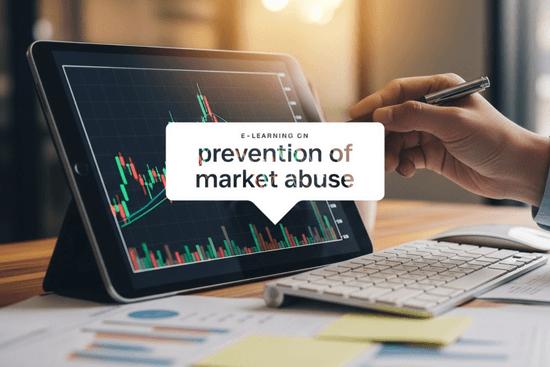In India’s fast-paced financial markets, integrity and transparency are critical. However, market abuse—a term that covers a range of unethical practices—poses a serious threat to fair trading and investor confidence. For companies, understanding what market abuse is and taking active steps to prevent it is no longer optional—it’s essential for survival and reputation.
What Is Market Abuse?
Market abuse refers to illegal or unethical practices that distort the operation of financial markets. It typically involves gaining unfair advantages by manipulating information or trading behavior. In India, market abuse is addressed under multiple regulations, including the SEBI (Prohibition of Fraudulent and Unfair Trade Practices Relating to Securities Market) Regulations, 2003 and the SEBI (Prohibition of Insider Trading) Regulations, 2015.
Common forms of market abuse include:
-
Insider Trading: Using unpublished price-sensitive information (UPSI) for personal gain.
-
Market Manipulation: Artificially inflating or deflating security prices to mislead investors.
-
Misuse of Information: Spreading false or misleading information to influence stock prices.
-
Front Running: Brokers executing orders on a security for their own account before filling client orders.
Each of these practices not only damages investor trust but also destabilizes the fairness of India’s capital markets.
Why Companies Must Stay Vigilant
Today’s companies operate in a hyper-connected, information-driven world. The risk of market abuse isn’t confined to traders or executives—it can stem from any employee, consultant, or business partner who has access to sensitive information or market-moving insights.
Here’s why companies need to stay extra vigilant:
1. Strict Regulatory Enforcement
SEBI has become increasingly aggressive in detecting and punishing instances of market abuse. Penalties include hefty financial fines, restrictions on trading activities, disqualification of directors, and even criminal proceedings.
2. Reputational Risk
In the digital age, news spreads fast. A single allegation of market abuse—whether proven or not—can lead to a loss of investor confidence, a dip in stock prices, and long-term brand damage.
3. Operational Risk
If insider trading or manipulation is linked to a company’s employees or operations, it can trigger internal investigations, audits, and a breakdown of employee morale.
4. Investor and Stakeholder Expectations
Institutional investors and global stakeholders increasingly demand strong governance practices. Companies without clear preventive measures risk losing investment and business opportunities.
How Companies Can Prevent Market Abuse
Prevention is better than cure. Companies should focus on:
-
Clear Internal Policies: Establish robust codes of conduct on information sharing, trading windows, and confidentiality.
-
Employee Training: Regular, mandatory training on insider trading, UPSI handling, and ethical trading practices is crucial. Digital e-learning modules make this easy and scalable.
-
Monitoring and Surveillance: Implement systems to monitor unusual trading patterns or data access.
-
Whistleblower Mechanisms: Encourage employees to report suspicious activities without fear of retaliation.
-
Culture of Compliance: Foster a corporate culture where ethical behavior is recognized and rewarded.
Conclusion: Staying Ahead of Market Abuse
Market abuse not only threatens financial stability but also challenges the very trust that markets are built upon.
For Indian companies, staying vigilant, educating employees, and embedding compliance into daily operations are the best defenses against market abuse risks.
Proactive education through digital training programs—especially customized for SEBI regulations—is a smart and strategic way to protect your business.
Ready to train your employees and strengthen your compliance posture?
Explore our specialized e-learning courses designed to help companies in India prevent insider trading and market abuse.
continue reading




